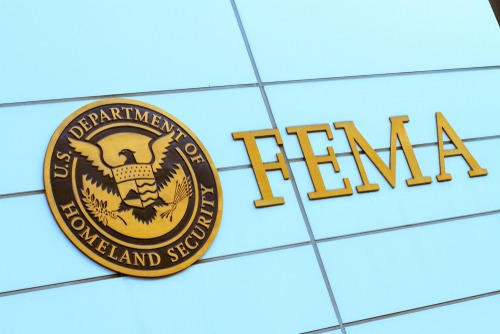
The Community Disaster Resilience Zones Act (S.3875) advanced through the Senate Homeland Security and Governmental Affairs Committee this week, offering potential help from the Federal Emergency Management Agency (FEMA) for communities needing to invest in natural disaster mitigation efforts.
Authored by U.S. Sens. Gary Peters (D-MI) and Rob Portman (R-OH), the bill would make the Federal Emergency Management Agency’s (FEMA) National Risk Index (NRI) permanent. The NRI is an online tool that identifies communities most vulnerable to natural disasters. Further, the bill would require FEMA to use data from the NRI – or similar tools – to designate community disaster resilience zones (CDRZ) of the communities most in need of mitigation projects.
With this and FEMA’s aid, the hope would be to get them greater access to federal funding and support for such projects.
“Mitigation projects are the key to helping communities that are most vulnerable to natural disasters protect residents from these extreme weather events,” Peters said. “Unfortunately, these communities often lack the necessary resources to fund efforts like flood walls, better stormwater management facilities, and more. This commonsense, bipartisan legislation – which has now advanced in the Senate – will help the public and private sectors identify what areas require the most assistance to build resilient infrastructure. These investments will not only help ensure at-risk populations are safe from extreme weather events, but also save taxpayer dollars in the long run.”
The Community Disaster Resilience Zones Act would operate by amending the Stafford Act. CDRZ designations made through affiliated data would be made public, so interested parties could see what communities are most in need of help and what would be required of investment. As a result of these changes, FEMA would also establish an optional review process to help direct private investors to approved mitigation projects for CDRZs.
“While natural disasters can be highly unpredictable, FEMA has risk index tools to help us know where we should prioritize our disaster mitigation funding,” Portman said. “Research has found that for every $1 invested into mitigation, communities are saved $6 due to reduced future losses.”
Backed by groups like the U.S. Chamber of Commerce and National Wildlife Federation, the bill advanced through the committee where Peters and Portman serve as chair and ranking member, respectively. It will now move to the full Senate for consideration.




